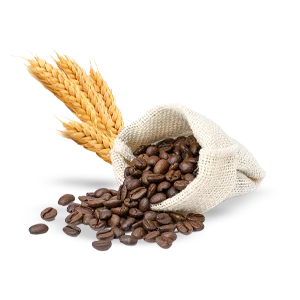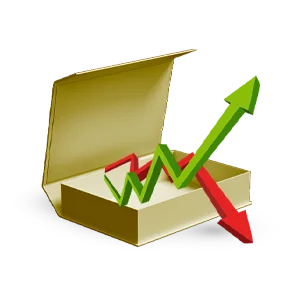Navigate the markets with a licensed and regulated broker. Access the right tools and knowledge to build your strategy, assess CFD risks, and make informed decisions.
Get Started in 3 Steps

1
Study the field
Build your knowledge and skills to trade according to a solid strategy and not pure luck.
2
Practice without risks
Put your knowledge into practice using a demo account with ZERO risk.
3
Start real trading
Register, verify, and fund your account in a few minutes - whether you are using your phone, computer, or tablet.
Choose your market
We don’t only promote trading popular markets such as gold, oil, and stocks… We provide you with access to 8 asset classes and thousands of financial instruments!
Don’t miss a thing and stay on top of your trading game!
From daily market reports to advanced analytical tools, we designed your dashboard to be the only source of information you seek!
We answer your questions before you even think of them!
We care about having you as our lifetime client, which is why we make sure to provide all kinds of support and assistance wherever you need it.








